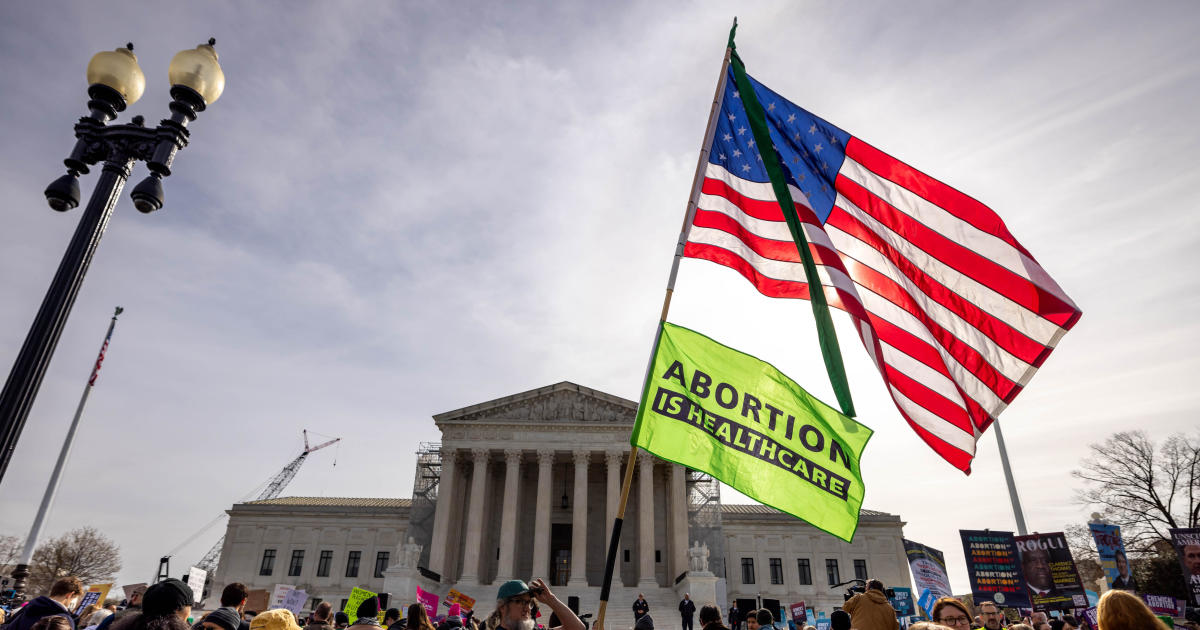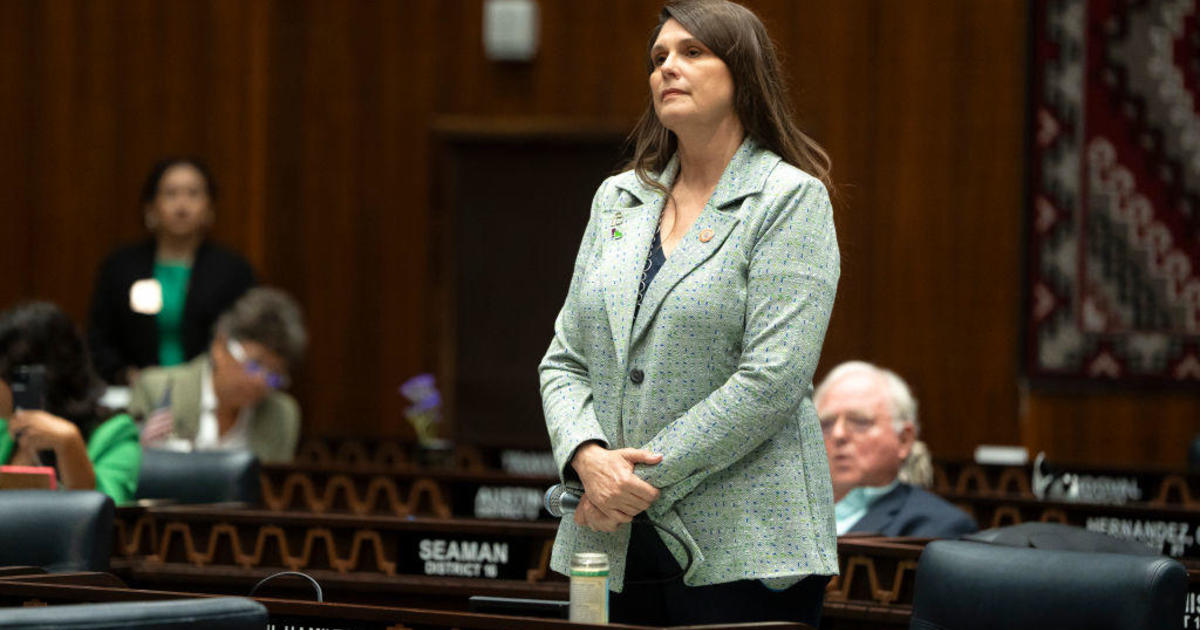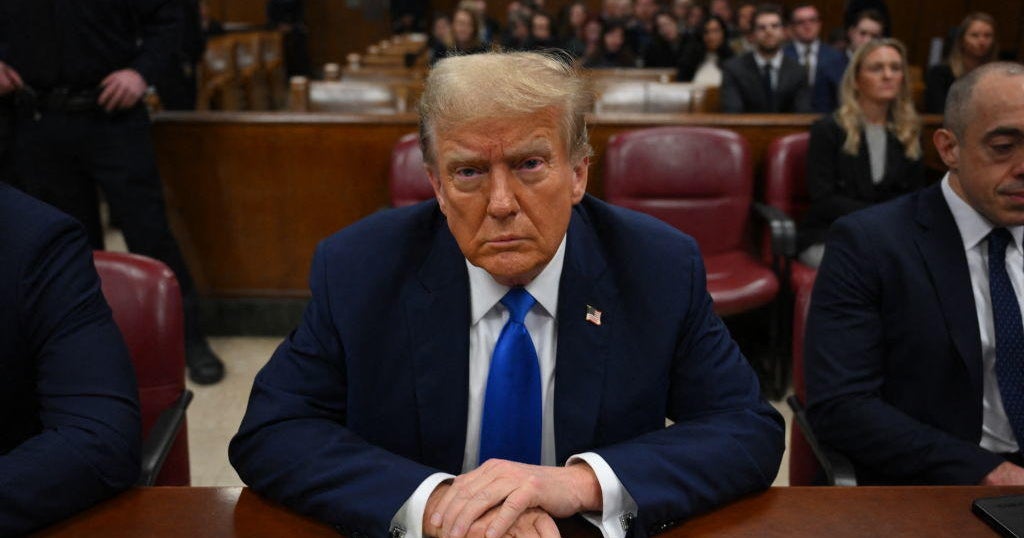The "Mexico City Policy": Why does it matter?
What is it?
First established in 1984 by the Reagan Administration during an international conference in Mexico City, (hence the name), the “Mexico City Policy” denies money to international nongovernmental organizations (NGOs) that “perform or actively promote abortion as a method of family planning.” The policy has been a political football ever since, having been revoked or reinstated by each subsequent administration along party lines for the past 32 years.
What does this mean?
There has been a ban on using taxpayer funds for abortion services since the 1970s, but prior to the adoption of the Mexico City policy, NGOs could accept abortion-services funding from other sources if they kept that money separate from the US funds. The establishment of the Mexico City policy changed that-- making NGO’s like the International Planned Parenthood Federation or Marie Stopes International (a foundation that provides health services to women in 37 countries), forfeit any money from agencies including the U.S. Agency for International Development (USAID) and the U.S. Department of State if they chose not to comply. Since the U.S. is the single largest donor to global health service, providing $3 billion each year through USAID alone, this will have an enormous impact around the world.
What’s new?
The memorandum issued on January 23, 2017 by President Trump reinstates the policy but also expands it in two key ways: First, it makes complying with the policy a mandatory condition of U.S. global health assistance, including HIV (under PEPFAR) and maternal and child health care. Second, it extends the policy to include all agencies and departments -- meaning it would include not only USAID and the Department of State, but also the Department of Defense, the Peace Corps and the Department of Health and Human Services.
Who does it effect?
Millions of women and families around the world who receive health care services through NGO programs funded by the US government. All foreign health organizations, whether they provide family planning services or not, will need to ensure none of their programs include so much as a referral for abortions or risk forfeiting American money. For example, if an NGO provides services for HIV/AIDS with money it gets from the United States, any counseling it provides to pregnant HIV-positive women cannot include abortion or they will no longer be eligible for U.S. aid.
Who opposes it and why?
Abortion rights groups, which view access to safe and legal abortions an important element of reproductive care, have long opposed the policy. They refer to it as the “Global Gag Rule,” saying that if you remove safe abortion services from the reproductive health care package, it exposes women to risk. Unsafe abortions are a leading cause of maternal death worldwide. Marie Stopes International estimates that reinstatement of the policy during the next four years could result in 6.5 million unintended pregnancies, 2.1 million unsafe abortions and 21,700 maternal deaths.
Who supports it and why?
Pro-life groups, like the Family Research Council and National Right to Life, have long fought to restrict access and funding for abortion services around the world. The expanded policy, they say, better represents the type of groups the United States wants to support, rather than a thinly-veiled bookkeeping shell game. Proponents also argue the law prevents clinics from advocating abortion over other birth control methods. A recent Marist poll found the majority of Americans oppose using federal money for abortions abroad. Restoration of the policy is seen by abortion opponents as “a vital step in the journey to make America great again, recognizing and affirming the universal ideal that all human beings have inherent worth and dignity, regardless of their age or nationality.”
What’s next?
The reinstatement of the policy, continues the forty-four year battle over abortions rights that started with the 1973 Supreme Court decision in Roe v. Wade. Now that Republicans control both Congress and the White House, there will likely be further efforts to pass legislation restricting abortion. Just one day after the signing of the memorandum reinstating the Mexico City Policy, the House passed HR-7, No Taxpayer Funding for Abortion and Abortion Insurance Full Disclosure Act of 2017 , prompting House Speaker Paul Ryan to issue a statement saying “We are a pro-life Congress.”



